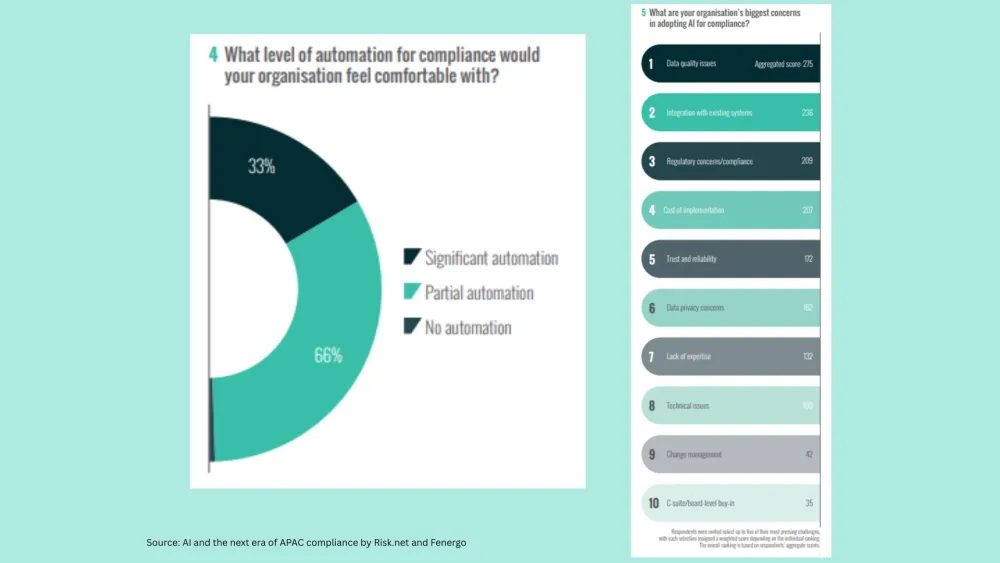
Fintech funding slows to 10-year low as investors tout quality over quantity
Asian fintechs clinched US$5.1b in investments in H1, lower than $45b in H1 2022.
Asian financial technology (fintech) institutions clinched only US$5.1b in investments for the first six months of 2023, according to data from professional services firm KPMG Global. This is its lowest-ever in ten years, and a far cry from the record-breaking US$45b it amassed in the first half of 2022.
Even before 2023, fintech funding has been in trouble: funding has seen a massive deceleration in the last quarter of 2022, registering only 599 rounds for US$8b, S&P Global Market Intelligence reported.
Prior to 2023, Jordan McKee, Fintech Research Director for S&P Global Market Intelligence, had warned that funding pressures will persist in 2023.
“Whilst funding pressures will persist this year, bright spots are still apparent. Investments in seed stage companies are on the rise, ensuring a steady stream of capital for the next wave of fintech disruptors,” McKee said.
Asian Banking & Finance spoke with industry experts to learn more about how fintech investments will be like in 2023.
Sumit Kumar, Managing Director and Partner, Boston Consulting Group:
"Fintech funding will continue to be a challenge in 2023. Typically, over 40% of funding in the fintech space is linked to large ticket deals for Series C+ fund raises. Investors have a much sharper lens now when they look at investing – key considerations include the quality of the team and founder, viability of business model in the long term, trajectory of cash burn, and unit economics.
"A lot of fintechs rode the COVID-19 wave and grew big without really focusing on the fundamentals of sustainable growth and value creation. Some of these large fintechs are near their Series C or D rounds and find it difficult now to re-orient their business model from explosive growth in customer/transaction volumes to profitability with a viable business model. Investors have also realised that IPO exits in the growth tech space in markets like India and Southeast Asia (SEA) are tough.
"With a lack of depth in equity markets in places like SEA, the downfall of SPACs as an option for listing from the US, and lacklustre returns of growth tech stocks post-listing make investors very jittery in constantly pouring cash into these companies.
ALSO READ: Singapore fintech investments record three-year low in H1
"But the outlook is not all bleak. While absolute dollars in terms of total funding has gone down, the number of deals funded remains robust especially in the seed round and Series A round, which shows that founders with good ideas and the right economic model still have investors who are willing to support them in their journey of growth. From sectors like crypto, and wallets (with huge cash burn), funds have vanished, while others like lending, and wealth (large scale with a good mix of B2C and B2B2C proposition) continue to see money flowing in."
Anton Ruddenklau, Partner and Global Head of Fintech, KPMG International:
"The future of fintech funding remains optimistic. Despite a slow 2022 for global fintech funding, falling to $63b from 2021’s all-time high of $122.9b, a bounce-back is expected. Growth outlook for the second half of 2023 may remain constructive, albeit at lower levels compared to previous years as investments are being prudently recalibrated.
"We believe the key trends in the upcoming months driving this rebound include higher focus on quality within the fintech space, rise in government support and deeper focus on key sectors.
"Firstly, fintech investors are focusing on quality over quantity. They are enhancing their focus on cash flows, profitability, and underlying unit economics of the company. We have seen a consolidation in the market, leaving with only “quality” fintech startups. These resilient and profitable fintech companies are boosting investor confidence in future investment choices.
"Secondly, we expect more development in the form of supportive government policies and initiatives which will continue to drive demand in the fintech space. For instance, innovation and talent grants, as well as tax exemptions are given out by the Monetary Authority of Singapore (MAS). Regulators in the region are also prioritising green and sustainable fintech and are paving the way for fintech investors in this new emerging market. Ultimately, all efforts foster a strong and resilient fintech ecosystem.
ALSO READ: SEA gains 8.1 million new fintech users in Q1: study
"Thirdly, with the rise of ChatGPT, we are seeing fintech sub-sectors such as payments, generative artificial intelligence, digital assets, blockchain, embedded finance, and Environmental, Social and Governance (ESG) gaining steam in the eyes of investors."



















 Advertise
Advertise














